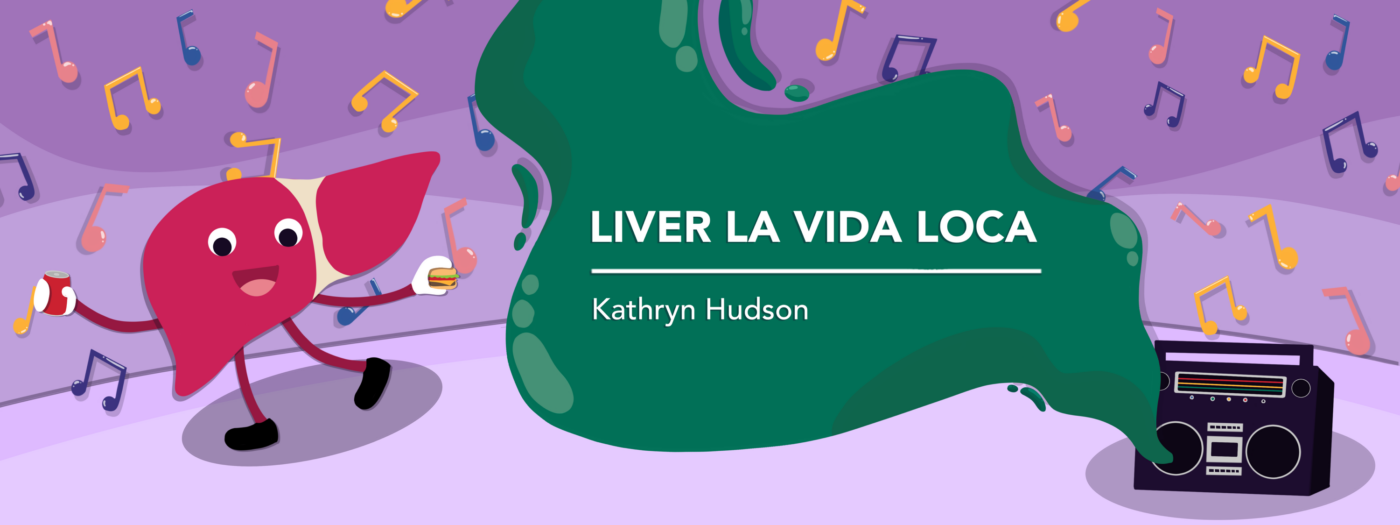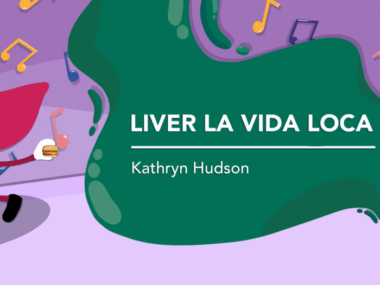Why it’s important to participate in medical studies about MASH
Getting involved in research benefits others — and ourselves
Written by |

Before I learned I was pregnant, I used to participate in medical studies to earn a little extra money. Living in a city with two top-tier medical schools, including Johns Hopkins, meant there was always a steady stream of paid research studies looking for volunteers.
Because I’ve had lifelong intestinal issues, I once signed up for a study I thought might offer some insight and maybe even relief. I jumped at the chance when they called.
Every study is different, with a checklist of criteria you have to meet to qualify. In this one, one of the requirements was that you couldn’t be pregnant. It’s a fairly common stipulation, though not universal, so don’t let that stop you from looking into studies. I filled out the paperwork and did the blood work, only to find out I didn’t qualify.
A few days later, the study team emailed me my lab results. That’s how I found out I was pregnant — by email! From a clinical trial. I think that might be a first. It makes me laugh now, as I was 41 at the time and not exactly planning on having kids. Yet, here we are.
Why medical studies matter
Funny story aside, medical research studies are a critical part of how hospitals, universities, and drug companies develop new treatments. Sure, lots of studies begin with mice and rats, but eventually, promising therapies need to be tested on real people. If you’re living with something like metabolic dysfunction-associated steatohepatitis (MASH), you might find yourself in a study that not only helps others, but also might one day save your life.
Not all studies are created equal, though. A few years ago, I came close to participating in a MASH study, but one of the requirements was a liver biopsy. I’d heard enough stories about that procedure to give me pause, as none of them were reassuring. Ultimately, I decided to listen to my body and decline to participate. I felt a little silly for saying no, but the truth is, even when you want to help, you have to know your limits. Sometimes you’ll need to stretch a little. Other times, it’s OK to say no.
Participating in a clinical study is one way to take a more active role in your health. Since 2016, Johns Hopkins Medicine has surveyed more than 1,000 people about their experience participating in research, and 80% rated their experience at least an 8 out of 10. While financial compensation may have been part of the motivation for some, most noted that helping others — and potentially themselves — was an important reason they signed up.
Maybe you’re wondering if you’re too sick to join a medical study. The good news is that many studies need people with advanced symptoms — even those close to needing a transplant. These kinds of trials help researchers understand the later stages of diseases like MASH and can lead to improved treatments. Thanks to years of research, we now know that before MASH progresses to cirrhosis, it may still be possible to reverse liver damage. That kind of knowledge doesn’t happen without people like us stepping up.
Every now and then, I’ll get an email from one of my healthcare providers with information about an upcoming MASH study. I haven’t found the right fit yet, but I keep checking resources like ClinicalTrials.gov, a federal site that lets you search for trials based on your condition. If something looks promising, don’t let geography discourage you, as some studies allow for remote monitoring at your local hospital or even your doctor’s office. Ask your gastroenterologist if they know of any research happening locally.
My 14-year-old daughter still laughs at the story of how I found out I was pregnant with her via a clinical trial email. And while I haven’t yet been part of a research study for MASH, I remain deeply grateful for the scientists doing the work — and for the patients and volunteers who came before me.
Maybe one day I’ll be part of a breakthrough. Until then, I’ll keep my eyes open, my mind curious, and my inbox ready.
Note: Liver Disease News is strictly a news and information website about the disease. It does not provide medical advice, diagnosis, or treatment. This content is not intended to be a substitute for professional medical advice, diagnosis, or treatment. Always seek the advice of your physician or other qualified health provider with any questions you may have regarding a medical condition. Never disregard professional medical advice or delay in seeking it because of something you have read on this website. The opinions expressed in this column are not those of Liver Disease News or its parent company, Bionews, and are intended to spark discussion about issues pertaining to liver disease.



Leave a comment
Fill in the required fields to post. Your email address will not be published.